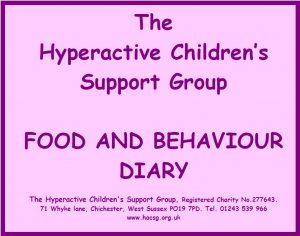16th November 2014
About two-thirds of US children diagnosed with attention deficit hyperactivity disorder (ADHD) take some form of prescription medication to treat it.
While ADHD makes it difficult for children to pay attention and control impulsive behavior, powerful stimulant drugs like Ritalin and Adderall help to improve focus and self-control.
The drugs come at a price, however, since many of the side effects are worse than ADHD itself (think brain damage, personality changes, sudden death, and suicide…). This is particularly tragic since many of these children probably were not offered a far safer, natural solution that might help curb their symptoms: exercise.
As The Atlantic recently reported, new research suggests “exercise is ADHD medication,”1 and should be “prescribed” to any child who’s struggling to maintain focus and resist distractions at school (or elsewhere).
Exercise Is a Powerful Tool for Relieving ADHD Symptoms
Research published in the journal Pediatrics found that kids who engaged in a regular physical activity program had improved cognitive performance and brain function.
Specifically, the kids showed an improvement in executive control, which includes inhibition (the ability to maintain focus), working memory, and cognitive flexibility (or switching between tasks). Executive functioning is often impaired in children with ADHD, which means exercise may directly help to improve symptoms.
To read the full article click here

 The HACSG Food & Behaviour Diary is now available online.
The HACSG Food & Behaviour Diary is now available online. 